On paper, Tropicana's entry into the smoothie category looks a canny move by PepsiCo. Valued at £240m, almost twice the size of Innocent, Tropicana is a true superbrand in the soft drinks category. If any brand were fit to take on Innocent, Tropicana would be it. Right? Maybe, but it's a big gamble.
PepsiCo unveiled Tropicana Smoothies, which hits shelves this Monday, just weeks after slashing the price of PJ's Smoothies to position them as a rival to own label. Its thinking was simple: Tropicana would pick up affluent adult drinkers and PJ's those on a budget.
Most experts agree that the decision to retrain PJ's sights onto own-label shoppers was a good one - it had already tried to go head to head with Innocent and lost. However, opinion is divided over the deployment of Tropicana in the smoothie battlefield.
Tropicana Smoothies are being targeted at more mature consumers than their Innocent counterparts. Household penetration is currently just 30%, so there is plenty of opportunity to grow the category, believes PepsiCo, which predicts category growth of £100m over the next two years.
Tropicana's strong brand equity and PepsiCo's sway with retailers as well as its marketing clout - the launch will be backed by a £5m campaign - all bode well, says Chris Dennis, trading manager for soft drinks at Musgrave Group.
"It's good to have someone big go up against Innocent," he says. Dennis worries that a lot of planned development in smoothies means the category risks becoming cluttered with small brands. "But Tropicana is well established, so it will make Innocent work a lot harder."
However, PepsiCo will need to learn from its mistakes with PJ's. While PJ's is in growth, up 6.8% in the past year, Innocent's value has risen almost 10 times that during the same period. When PepsiCo bought PJ's in 2005 it was worth just £16m less than Innocent. Now the gap is more than £100m.
The slower pace at which PepsiCo responds to trends compared with smaller players such as Innocent has been cited as a reason for PJ's poor performance. Tropicana will face similar challenges.
So far, it has done little more than translate its juices into smoothie versions, rather than treating it as a separate category. Having launched a fairly traditional range of flavours, it will also be under pressure to introduce more innovative blends, and quickly.
PepsiCo claims this poses no problems. "We can respond very quickly to consumer demands as all our blending facilities are in-house," says Tropicana senior brand manager Adrian Baty.
Others aren't so sure. It will need to think small if it is to succeed, says Harry Cragoe, founder of PJ's Smoothies. "If PepsiCo is prepared to have a small company mentality, and not try to break any records in the first few years, it could work," he says.
However, it runs the risk of its smoothie sales cannibalising its juice sales, adds Innocent MD, Jamie Mitchell. "A lot of buyers compensate buying our smoothies with own-label juice. The concept that there is a market for branded smoothies and juices is maybe not as strong as PepsiCo thinks."
Innocent is not unduly worried. "Tropicana is exactly the competitor we want," claims Mitchell. "It's a strong brand and has a different positioning that should bring in older people."
Not that he's complacent. "If Tropicana starts to go for our consumers then we may get feisty."
A sign, perhaps, that Tropicana Smoothies pose more of a threat to Innocent than it's letting on.








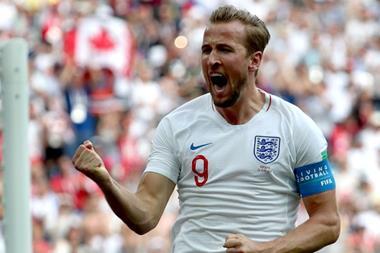
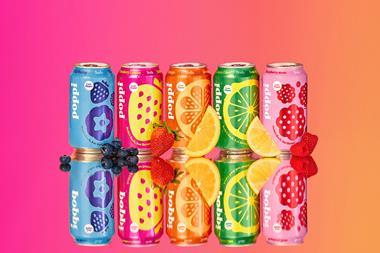
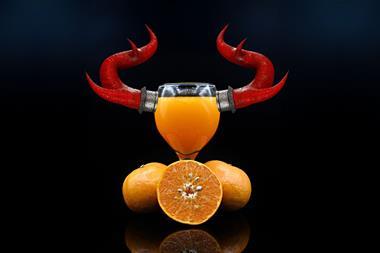
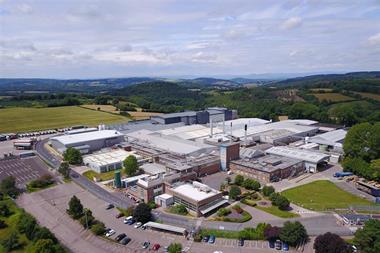
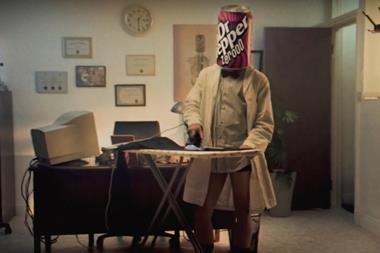






No comments yet